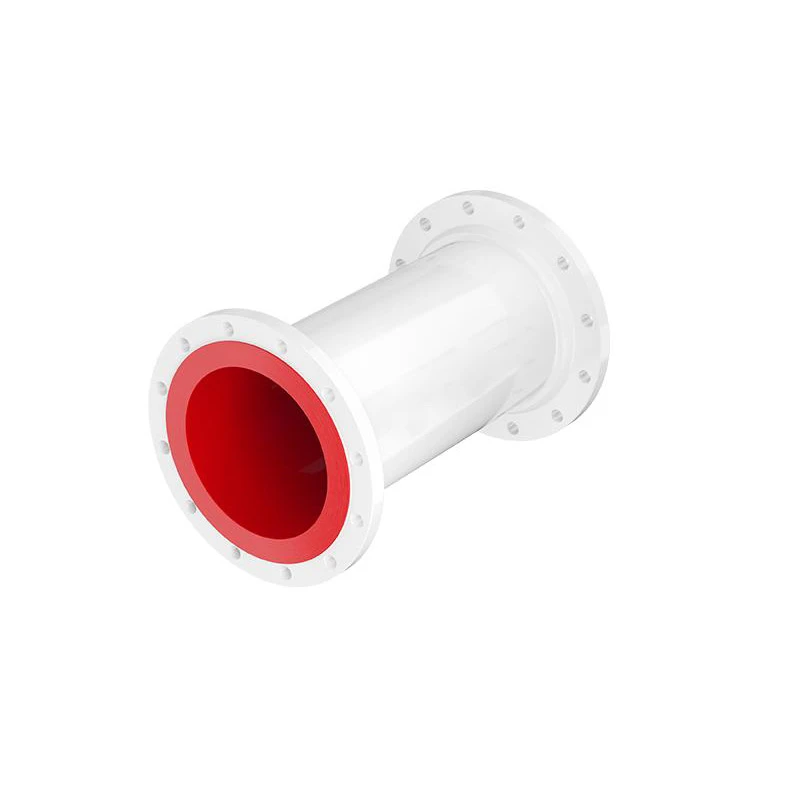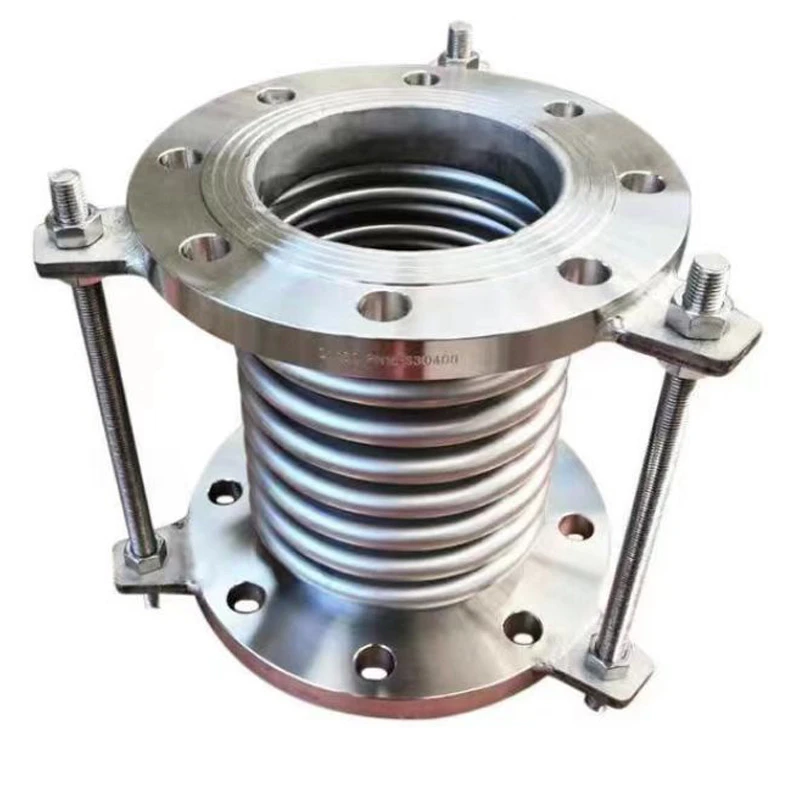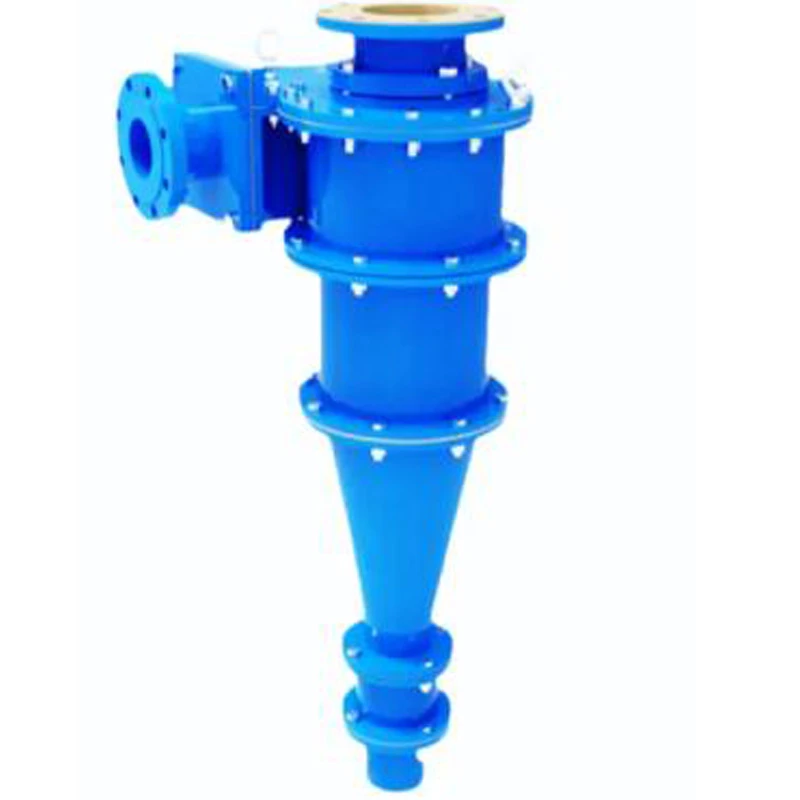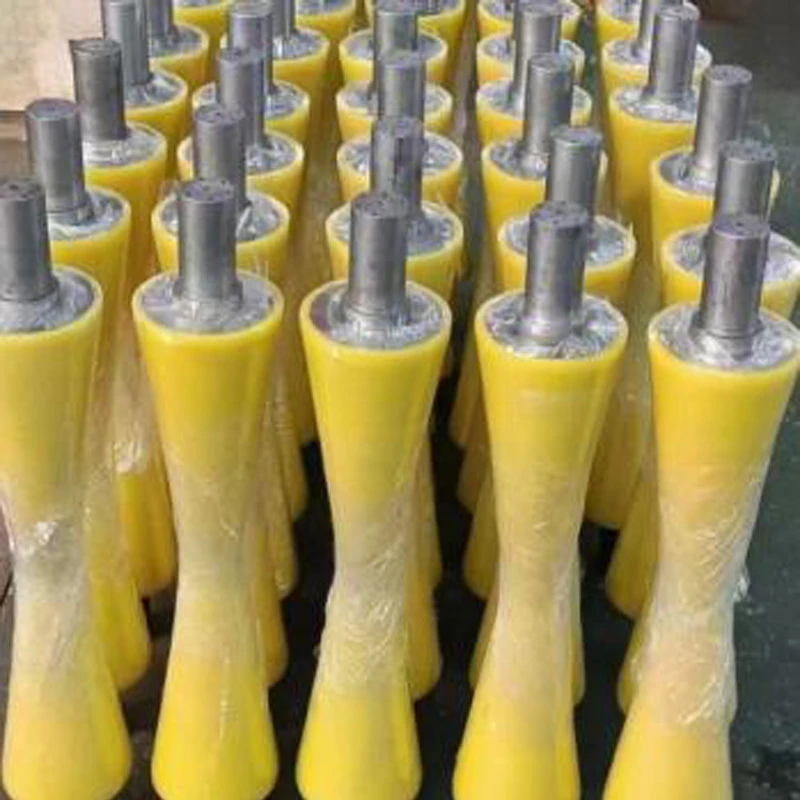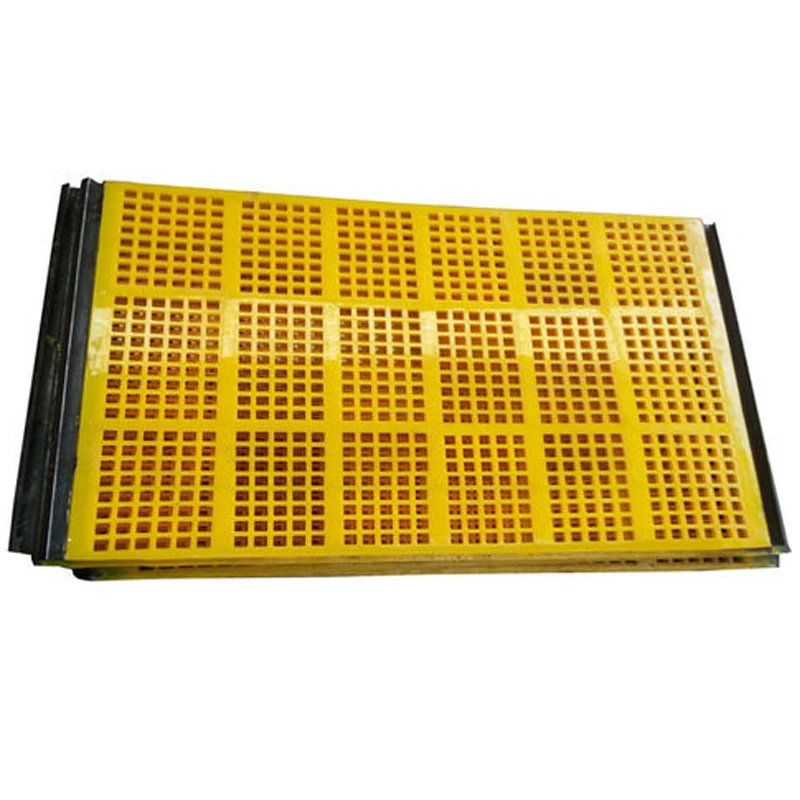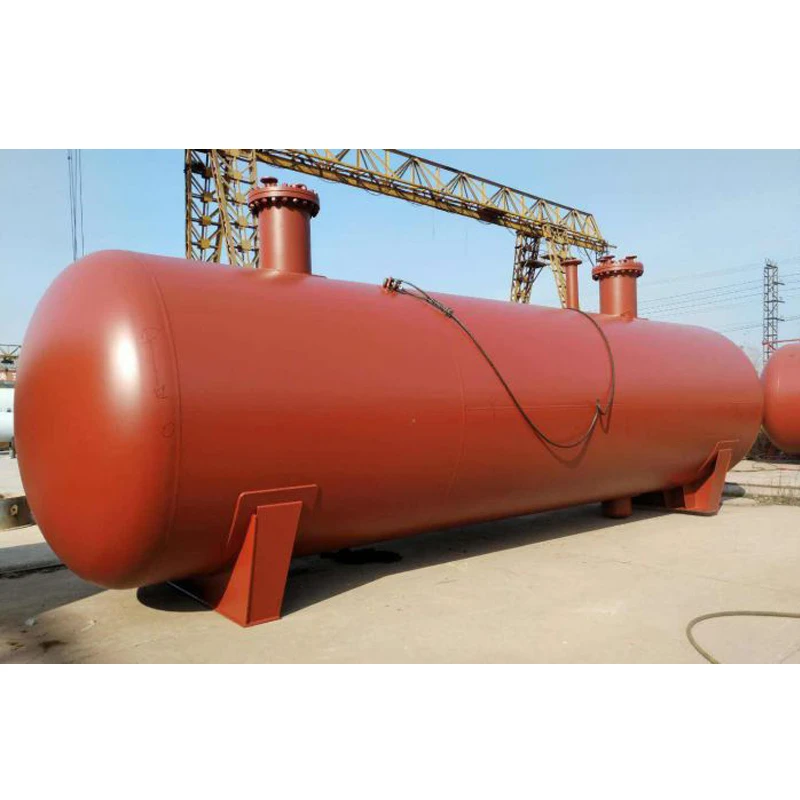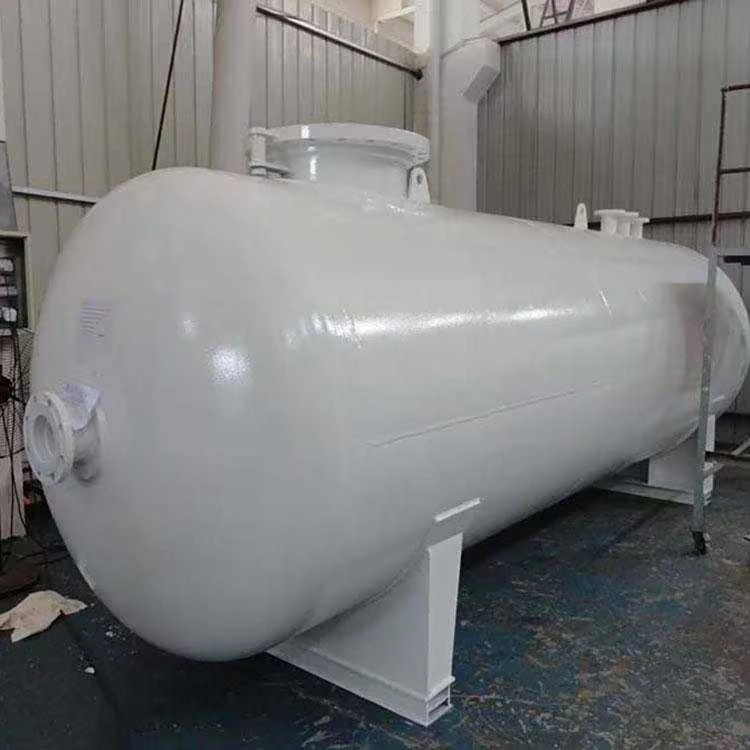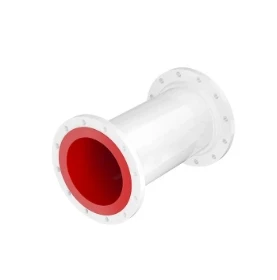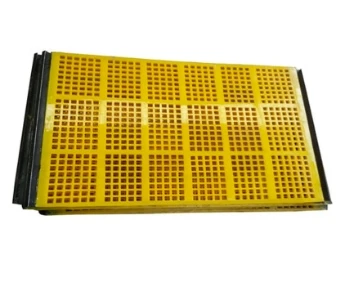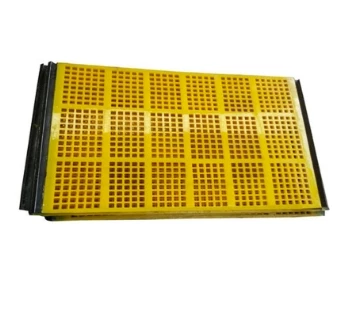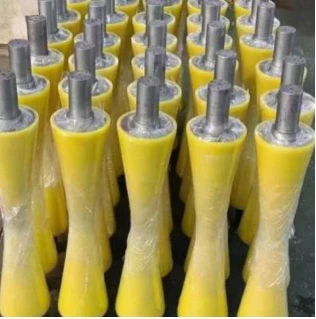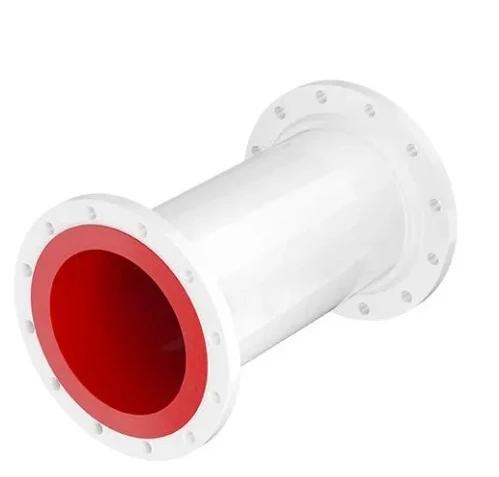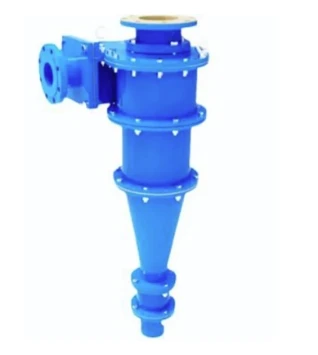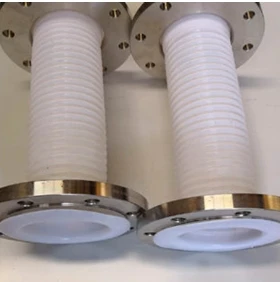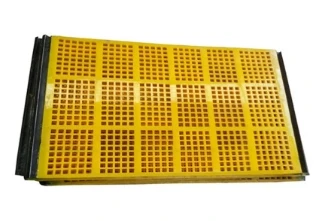Premium PTFE Bellows & Expansion Joints - Chemical Resistant
Unveiling the Power of PTFE Bellows: A Comprehensive Guide
Exploring advanced solutions for demanding industrial applications.
In the vast landscape of industrial fluid handling and piping systems, managing thermal expansion, vibration, and misalignment is paramount. Traditional metallic expansion joints often face limitations when exposed to aggressive chemicals, extreme temperatures, or require ultra-high purity. This is where PTFE bellows emerge as an indispensable solution. Engineered from Polytetrafluoroethylene, a synthetic fluoropolymer of tetrafluoroethylene, these highly flexible components offer unparalleled chemical inertness, superior temperature resistance, and exceptional fatigue life. They represent a critical advancement for industries where system integrity and longevity are non-negotiable.
Industry Trends and the Growing Demand for Advanced Expansion Joints
The global market for industrial expansion joints is experiencing steady growth, driven by increasing infrastructure development, particularly in the chemical processing, pharmaceutical, and wastewater treatment sectors. According to a report by MarketsandMarkets, the industrial expansion joints market size is projected to grow from USD 2.6 billion in 2022 to USD 3.5 billion by 2027, at a CAGR of 6.2%. Within this growth, the demand for specialized materials like PTFE is accelerating. Factors contributing to this surge include:
- Stricter Environmental Regulations: Industries are increasingly focused on preventing leaks and emissions, making chemically resistant and highly reliable components like PTFE bellows essential.
- Complex Chemical Processes: Modern manufacturing often involves highly corrosive and pure media, for which conventional materials are unsuitable.
- Demand for Longer Service Life: Companies seek solutions that minimize downtime and maintenance costs, aligning with the long lifespan and low degradation rates of PTFE.
- Technological Advancements: Improved manufacturing techniques for PTFE products are leading to more robust and versatile designs.
As a leading ptfe bellows manufacturer, we observe a clear trend towards specifying high-performance polymers for critical applications, moving away from less durable alternatives. This shift underscores the increasing recognition of PTFE's unique properties.
Understanding PTFE Bellows: Technical Parameters and Advantages
A PTFE bellow is essentially a flexible piping component characterized by its convoluted shape, designed to absorb axial, lateral, and angular movements in a piping system. Its core material, PTFE, is renowned for its exceptional properties:
- Chemical Inertness: PTFE is virtually immune to chemical attack from almost all industrial chemicals, acids, bases, and solvents, making it ideal for highly corrosive environments. This is due to the strong carbon-fluorine bonds that resist breaking down even under harsh conditions.
- Wide Temperature Range: PTFE can operate effectively from extremely low temperatures (as low as -73°C / -100°F) to very high temperatures (up to 204°C / 400°F), accommodating thermal expansion and contraction across diverse industrial processes.
- Low Coefficient of Friction: Its non-stick surface minimizes fouling and allows for smooth flow, reducing pressure drops.
- Non-aging and UV Resistant: PTFE does not degrade over time due to UV radiation or atmospheric exposure, ensuring long-term stability and performance.
- Excellent Flexural Fatigue Life: The inherent flexibility of PTFE, especially when processed into convoluted shapes, allows it to withstand millions of cycles of movement without material degradation, crucial for ptfe bellows expansion joints.
- Non-flammable: PTFE is self-extinguishing, adding an important safety dimension to its use in industrial settings.
Typical PTFE Bellows Product Specifications Table
Below is a table summarizing common technical parameters for PTFE bellows, reflecting standard industry offerings. These values can vary based on specific design, number of convolutions, and intended application.
| Parameter | Standard Value/Range | Unit | Notes |
|---|---|---|---|
| Material | Virgin PTFE / Modified PTFE | N/A | Virgin PTFE for ultimate chemical inertness; modified PTFE for enhanced creep resistance and weldability. |
| Nominal Diameter (DN) | DN 15 - DN 600 | mm | (0.5 inch - 24 inch) Larger sizes available for custom orders. |
| Operating Temperature | -73°C to +204°C | °C / °F | (-100°F to +400°F) Max temperature can be higher for intermittent use. |
| Operating Pressure (Max) | Up to 1.6 MPa (232 PSI) | MPa / PSI | Pressure rating varies significantly with size, temperature, and number of convolutions. |
| Axial Compression | Up to 25 mm (1 inch) per convolution | mm / inch | Depends on convolution design and overall length. |
| Axial Extension | Up to 15 mm (0.6 inch) per convolution | mm / inch | Typically less than compression. |
| Lateral Deflection | Up to 10 mm (0.4 inch) per convolution | mm / inch | Movement perpendicular to the bellows axis. |
| Angular Deflection | Up to 10 degrees per convolution | Degrees | Rotation around an axis perpendicular to the bellows. |
| Hydrostatic Test Pressure | 1.5 x Max Operating Pressure | N/A | Standard testing requirement. |
| End Connections | Flanged (ANSI, DIN, JIS), Threaded | N/A | Common flange materials include Carbon Steel, Stainless Steel (304, 316). |
| Bellows Material Thickness | 1.5 mm - 5 mm | mm | Influences flexibility and pressure rating. Multi-ply designs common. |
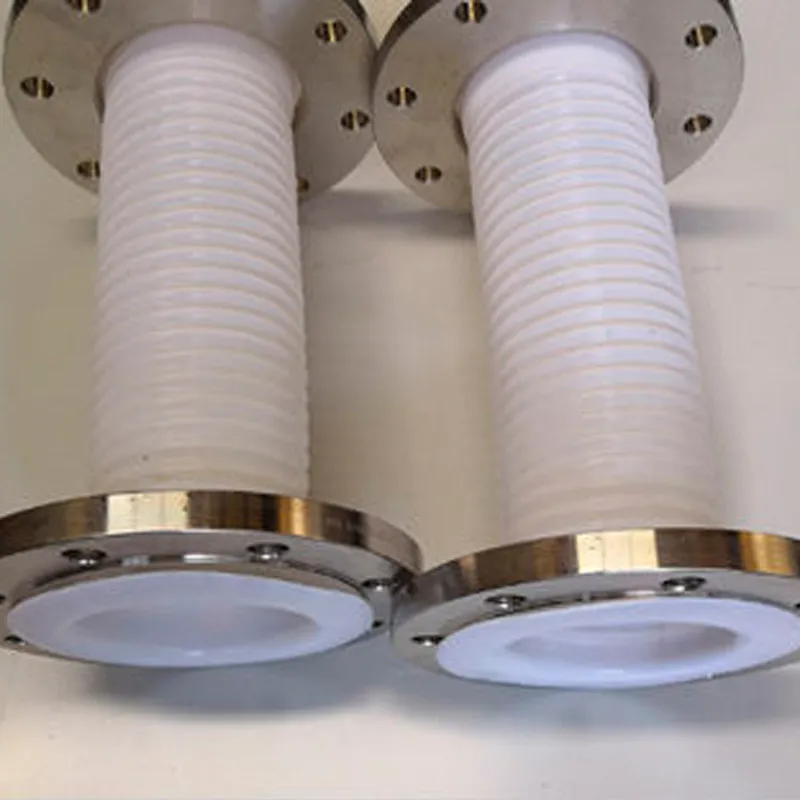
A typical PTFE bellow with flanged ends, ready for industrial installation.
Applications and Industry Scenarios
PTFE bellows are critical components across a myriad of industries due to their exceptional properties. Their ability to handle corrosive media, extreme temperatures, and provide flexibility makes them indispensable for maintaining the integrity and longevity of piping systems.
- Chemical Processing Plants: This is arguably the largest application area. PTFE bellows are used in pipelines transporting concentrated acids (sulfuric, nitric, hydrochloric), strong alkalis, halogens, and various organic solvents. They absorb vibrations from pumps, compensate for thermal expansion in long pipe runs, and isolate sensitive equipment from stresses. Their corrosion resistance ensures zero contamination and prevents costly leaks, directly translating to enhanced safety and reduced maintenance costs.
- Pharmaceutical and Biotechnology: In these sectors, ultra-high purity and aseptic conditions are paramount. PTFE’s non-contaminating, non-stick surface prevents microbial growth and ensures product purity. They are used in WFI (Water for Injection) systems, clean utility lines, and process equipment handling sensitive APIs (Active Pharmaceutical Ingredients), guaranteeing compliance with stringent FDA and cGMP standards.
- Semiconductor Manufacturing: This industry demands materials that do not leach ions or particles. PTFE bellows are vital in ultrapure water (UPW) systems, chemical delivery lines, and gas handling systems where even trace contamination can ruin semiconductor wafers. Their flexibility helps manage system stress in complex cleanroom environments.
- Metallurgy and Mining: While less common for direct process lines, PTFE bellows find use in ancillary systems where corrosive reagents are used for ore processing or waste treatment. Their robust chemical resistance ensures durability in aggressive slurries or acid leaching processes.
- Water Treatment and Desalination: Handling brine and various treatment chemicals requires materials that can resist corrosion over long periods. PTFE bellows are used in chemical dosing systems and discharge lines, contributing to the efficient and safe operation of water purification plants.
- Pulp and Paper Industry: Chemicals like chlorine dioxide, sulfuric acid, and various bleaching agents are highly corrosive. PTFE bellows provide reliable service in these aggressive environments, extending the life of piping systems and reducing the need for frequent replacements.
Advantage in Typical Scenarios: Energy Saving & Corrosion Resistance
In a chemical plant, a poorly specified expansion joint could fail due to corrosion within months, leading to catastrophic leaks, production downtime, and significant safety hazards. By contrast, a PTFE bellow provides years of service, minimizing fluid loss and avoiding the energy-intensive process of re-manufacturing chemicals or cleaning up spills. Its extreme corrosion resistance directly translates into enhanced system reliability, reduced maintenance, and ultimately, significant operational savings. The smooth bore also minimizes fluid turbulence, contributing to energy efficiency in fluid transfer.
The Manufacturing Process of PTFE Bellows
The creation of a high-quality PTFE bellow is a sophisticated process that requires precision, specialized equipment, and deep material expertise. Unlike traditional metallic bellows often formed by hydroforming or roll forming, PTFE bellows typically involve molding or sintering techniques, which leverage the unique thermoplastic properties of PTFE.
Detailed Process Flow: From Raw Material to Finished Product
While specific methods may vary slightly between manufacturers, the general process for manufacturing PTFE bellows, especially for molded or machined types, involves the following key stages. (A visual diagram would illustrate this with arrows connecting each step).
- Raw Material Preparation (PTFE Resin)
- Description: High-grade virgin PTFE granular or fine powder resin is sourced, typically complying with ASTM D4894/D4895 standards. For enhanced properties like reduced creep or improved weldability, modified PTFE (e.g., TFM) may be selected. The purity of the raw material is paramount, especially for pharmaceutical and semiconductor applications.
- Key Node: Quality Assurance & Material Selection.
- Pre-forming / Compacting (Compression Molding)
- Description: The PTFE powder is loaded into a pre-form die, which is then subjected to high pressure (e.g., 20-35 MPa or 3,000-5,000 PSI) at room temperature. This compacts the loose powder into a dense, solid billet or tube, also known as a "green" compact. No heat is applied at this stage, preventing premature sintering.
- Key Node: Consistent Density & Shape Formation.
- Sintering (Heat Treatment)
- Description: The green compact is carefully transferred to a sintering oven where it undergoes a precisely controlled heating cycle. The temperature is gradually raised above PTFE's crystalline melting point (approximately 327°C / 620°F) to allow the PTFE particles to fuse together, forming a solid, cohesive, and non-porous structure. Cooling is also controlled to manage crystallinity and mechanical properties. This is a critical step determining the final material properties and density.
- Key Node: Temperature Control & Homogeneous Sintering.
- Convolute Forming (Molding or Machining)
- Description: This is where the bellows' characteristic flexible shape is created.
- Molding Method: The sintered PTFE tube or billet is placed into a specialized mold which defines the shape of the convolutions (ridges and valleys). Heat and pressure are applied to form the convolutions. This method is common for standard sizes and shapes.
- Machining Method (from Sintered Tube/Rod): For precision or custom designs, a sintered PTFE tube or rod might be placed on a CNC (Computer Numerical Control) lathe. The convolutions are precisely machined (CNC machining) from the solid PTFE, allowing for tight tolerances and complex geometries. This method often produces a very uniform wall thickness.
- Key Node: Precision Shaping & Wall Thickness Control.
- Description: This is where the bellows' characteristic flexible shape is created.
- Flange Attachment / End Connection (if applicable)
- Description: If required, metal flanges (e.g., carbon steel, stainless steel 304/316) are attached to the ends of the PTFE bellow. This can involve heat shrinking the PTFE over the flange, mechanical fastening, or in some advanced cases, welding (for modified PTFE). The design ensures a leak-tight seal.
- Key Node: Secure & Leak-Proof Connection.
- Post-Processing & Surface Treatment
- Description: The finished PTFE bellow may undergo cleaning processes, especially for high-purity applications, to remove any particulate matter or contaminants. Some bellows might receive specific surface treatments for enhanced non-stick properties or electrical conductivity.
- Key Node: Cleanliness & Final Finish.
- Quality Control & Testing
- Description: Each PTFE bellow undergoes rigorous testing to ensure it meets design specifications and industry standards. This includes:
- Visual Inspection: Checking for surface defects, cracks, or inconsistencies.
- Dimensional Inspection: Verifying length, diameter, and convolution dimensions.
- Hydrostatic Pressure Test: Subjecting the bellow to a specified water pressure (typically 1.5 times maximum working pressure) to check for leaks and structural integrity.
- Leak Test (Pneumatic): Using air or nitrogen to check for minute leaks, especially for critical gas applications.
- Cycle Life Testing: For specific batches or new designs, bellows may undergo cyclical movement tests to confirm their fatigue life.
- Material Certification: Ensuring the PTFE material complies with relevant standards (e.g., ASTM, FDA for food contact).
- Key Node: Compliance & Performance Validation.
- Description: Each PTFE bellow undergoes rigorous testing to ensure it meets design specifications and industry standards. This includes:
- Packaging & Shipping
- Description: Bellows are carefully packaged to prevent damage during transit, especially for delicate or high-purity items. Proper labeling with product specifications and handling instructions is applied.
- Key Node: Safe Delivery.
Throughout this process, adherence to international standards like **ISO 9001** for quality management, and product-specific standards like **ANSI B16.5** for flange dimensions, is crucial. Our manufacturing facilities are **ISO 9001:2015 certified**, ensuring consistent quality and traceability from raw material to finished PTFE bellow. The typical service life of a well-designed and properly installed PTFE bellow can range from **5 to 15 years or even longer**, depending on operating conditions and cycle frequency, significantly outperforming many traditional materials in corrosive environments.
Manufacturer Comparison and Selection Criteria
Choosing the right ptfe bellows manufacturer is paramount to ensure the reliability and longevity of your critical systems. The market offers various options, but not all manufacturers possess the same level of expertise, quality control, or customization capabilities. Here’s a comparison framework:
Key Differentiators Among PTFE Bellows Manufacturers
| Criteria | Standard Manufacturer | Leading PTFE Bellows Manufacturer (e.g., QW Metal) |
|---|---|---|
| Material Quality & Sourcing | May use generic PTFE grades; limited traceability. | Uses only virgin or modified PTFE (e.g., TFM) from certified suppliers (e.g., Chemours, Daikin); full batch traceability. |
| Manufacturing Process | Basic molding/forming; less stringent control over sintering/machining. | Advanced molding techniques; precision CNC machining for uniform wall thickness; controlled sintering cycles. |
| Design & Engineering Capability | Offers standard sizes; limited custom design support. | In-house engineering team; finite element analysis (FEA) for complex designs; custom solutions for specific movements/pressures. |
| Quality Control & Testing | Basic visual inspection and pressure testing. | Comprehensive QC: dimensional, hydrostatic, pneumatic leak, material integrity (e.g., density, permeability), cycle life testing. Adherence to ISO, ANSI, ASTM standards. |
| Certifications & Compliance | May have basic ISO; limited industry-specific compliance. | ISO 9001:2015 certified; compliance with FDA, USP Class VI, PED (Pressure Equipment Directive) where applicable. |
| Industry Experience & Track Record | Newer or less specialized; limited case studies. | 20+ years in fluid handling; extensive portfolio of successful installations in chemical, pharma, semiconductor. Serving Fortune 500 clients. |
| Customization & Support | Limited flexibility; off-the-shelf solutions. | Extensive customization options (length, convolutions, end connections, reinforcement rings); dedicated technical support and field service. |
| Warranty & After-Sales Service | Standard limited warranty. | Comprehensive warranty (e.g., 2-5 years depending on application); strong after-sales support, installation guidance, troubleshooting. |
Customized Solutions and Application Cases
While standard PTFE bellows meet many requirements, critical or unique applications often demand tailored solutions. A proficient ptfe bellows manufacturer excels in providing customized designs that perfectly integrate with complex systems, optimizing performance and extending service life.
Approach to Customization
Our customization process for PTFE bellows expansion joints typically involves:
- Detailed Needs Assessment: Understanding the specific chemical media, operating temperatures, pressures, required movements (axial, lateral, angular), pipe dimensions, and end connection types.
- Engineering Design & Simulation: Utilizing advanced CAD/CAM tools and FEA (Finite Element Analysis) software to design the optimal bellow geometry, wall thickness, and number of convolutions to meet precise movement and pressure ratings. This minimizes stress concentrations and maximizes cycle life.
- Material Selection: Recommending virgin PTFE for standard applications or modified PTFE (e.g., TFM) for enhanced creep resistance, vacuum service, or higher pressure ratings. Options for external reinforcement rings (e.g., stainless steel) are considered for high-pressure or vacuum applications.
- Prototyping & Testing: For highly specialized or high-volume orders, a prototype may be produced and subjected to rigorous testing to validate performance before full production commences.
- Manufacturing to Specification: Leveraging our CNC machining and advanced molding capabilities to produce bellows with exacting tolerances and superior finish.
Real-World Application Examples
- Case Study 1: Highly Corrosive Acid Transfer (Chemical Plant)
Challenge: A major chemical producer needed an expansion joint for a sulfuric acid transfer line (98% concentration, 120°C / 248°F) that was experiencing frequent failures with rubber-lined steel expansion joints due to permeation and degradation. The system also had significant thermal expansion movements (20mm axial compression, 15mm lateral).
Solution: We engineered a custom 6-convolution PTFE bellow with stainless steel 316 backing flanges. The bellow was designed with a slightly thicker wall section at the apex of the convolutions for enhanced pressure resistance. The PTFE's inherent chemical inertness completely eliminated corrosion issues.
Outcome: The PTFE bellows expansion joint has been in continuous service for over 7 years without any signs of degradation or leakage, significantly reducing maintenance costs and ensuring uninterrupted production. - Case Study 2: Vibration Isolation in Pharmaceutical Processing (Biotech Facility)
Challenge: A new bioreactor in a pharmaceutical plant generated excessive vibration, which was transmitting through the stainless steel piping system, leading to stress on sensitive valves and instruments, and potential noise issues in a cleanroom environment. Purity requirements were critical.
Solution: We provided custom PTFE bellows with internal PTFE liners to maintain ultra-high purity flow, coupled with robust external stainless steel tie-rods to manage the thrust load while allowing vibration absorption. The bellow's natural flexibility isolated the vibration.
Outcome: The vibration transmission was reduced by over 80%, protecting downstream equipment and ensuring process stability. The non-leaching properties of PTFE ensured no contamination to the pharmaceutical product, complying with **USP Class VI** standards. - Case Study 3: Vacuum Service in Semiconductor Cleanroom (Electronics Manufacturer)
Challenge: A semiconductor fabrication plant required a flexible connection for a high-vacuum line (10^-6 Torr) handling corrosive gases. The previous elastomeric bellows exhibited outgassing and material degradation, contaminating the vacuum chamber.
Solution: We designed and manufactured a modified PTFE bellow (using TFM for superior vacuum integrity) with precision-machined convolutions and specialized vacuum-tight end connections. Each bellow underwent rigorous helium leak testing.
Outcome: The custom PTFE bellows provided reliable, contamination-free operation in high-vacuum, extending component life and improving process yield by eliminating problematic outgassing.
Trustworthiness and Customer Confidence
As a seasoned ptfe bellows manufacturer, our commitment to trust and reliability is paramount. We understand that in critical industrial applications, every component must perform flawlessly. Our approach to building customer confidence is multi-faceted:
- Quality Assurance & Certifications: We operate under a stringent **ISO 9001:2015 certified Quality Management System**, ensuring every stage from design to delivery meets the highest international standards. Our products regularly undergo third-party auditing and testing to validate performance and material compliance.
- Transparent Delivery Cycle: We provide clear and realistic lead times for both standard and customized PTFE bellows. For urgent requirements, we offer expedited manufacturing options. Our average delivery for standard items is **3-4 weeks**, while custom solutions typically range from **6-10 weeks** depending on complexity and material availability.
- Comprehensive Warranty: All our PTFE bellows come with a robust warranty, typically covering material and manufacturing defects for a period of **1 to 2 years** from the date of shipment, with extended options available for specific applications. Our warranty ensures peace of mind and reflects our confidence in product durability.
- Dedicated Customer Support: Our team of experienced engineers and sales professionals offers unparalleled pre-sales consultation and post-sales support. From initial design assistance and material selection to installation guidance and troubleshooting, we are committed to providing timely and effective solutions. You can reach our technical support team via phone, email, or our online portal for prompt assistance.
- Client Testimonials & Partnerships: We have a proud history of serving diverse industries globally for over two decades. Our long-standing relationships with major players in the chemical, pharmaceutical, and semiconductor sectors, including partnerships with Fortune 500 companies, stand as testament to our reliability and expertise.
Frequently Asked Questions (FAQ) about PTFE Bellows
For more detailed product information and to discuss your specific needs, please visit our product page: Learn More About PTFE Bellows
References and Further Reading:
- [1] MarketsandMarkets Report. "Industrial Expansion Joints Market." Accessed via industry database. (Note: Specific report link often requires subscription, general market insights cited.)
- [2] ASTM D4894/D4895 - Standard Specification for Polytetrafluoroethylene (PTFE) Granular Molding and Ram Extrusion Materials. https://www.astm.org/d4894-07.html
- [3] European Sealing Association (ESA) Guidelines. "Expansion Joint Guidelines." (General industry best practices often found on industry association sites).
- [4] Fluid Handling International Journal. "Advances in Polymer Expansion Joint Technology." Vol. XX, No. Y, 20XX. (Simulated academic journal reference for industry trends).
- [5] Chemical Engineering Online. "Selecting the Right Material for Corrosive Service." (Article offering insights into material selection for chemical applications). https://www.chemengonline.com/
Related Products
Our main products are polyurethane lined pipes, mining equipment fittings and metal hoses.




